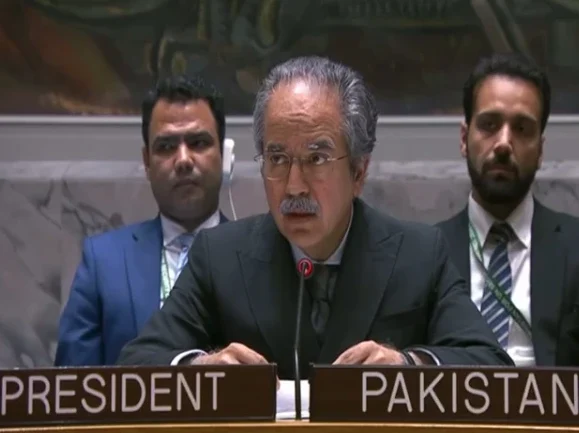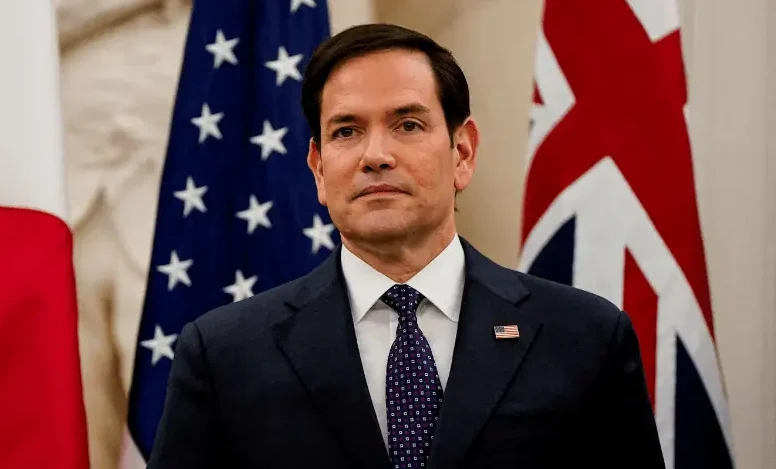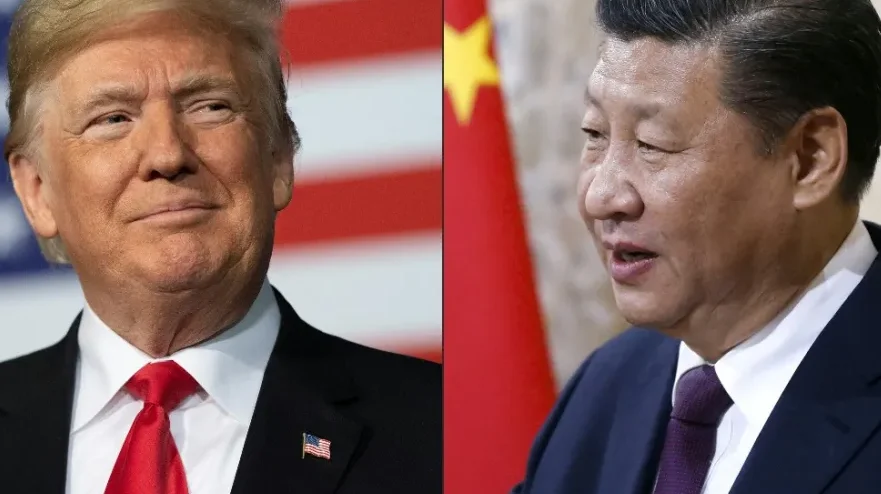The network of more than 400 aid centers established under the United Nations has ended.
Washington: During a briefing on the humanitarian situation in Gaza at the Security Council meeting, Pakistan’s Permanent Representative to the United Nations Ambassador Asim Iftikhar Ahmed said that Gaza is on the verge of a humanitarian catastrophe, aid is being weaponized.
He said that we thank Under-Secretary-General Tom Fletcher and Executive Director Russell for their very impressive briefings. We appreciate and support your work.
Words are inadequate to describe this situation. This scene is unbelievable. Such horror is unimaginable in today’s times. We fully support your appeals, especially your call for unwavering adherence to international law, international humanitarian law and an immediate ceasefire in Gaza.
Gaza is on the verge of complete destruction, a man-made catastrophe, where death is occurring not only from bombing but also from the systematic destruction of life-sustaining infrastructure. More than 58,000 people have died, more than 138,000 have been injured, and entire communities have been reduced to rubble.
Hospitals are barely functioning as supply chains have been disrupted. Hunger is being used as a weapon of war. And aid, the last hope for millions of lives, has become a dangerous mission in itself.
Just last week, on July 12, dozens of civilians were martyred when Israeli forces opened fire on people queuing for aid in Gaza City.
These men, women, and children were waiting in the scorching sun for food when they were killed. This is not an isolated incident, but part of a series of such incidents that highlight the need for urgent change.
On another hot July morning, seven-month-old Salim lay motionless in her mother’s trembling arms in a bombed-out clinic, her ribs exposed like dry branches beneath her thin skin.
Her sunken eyes, unable to even cry, were barely open as UNRWA teams tried to save her life.
For weeks, her family had searched the rubble-strewn streets for formula milk — but to no avail. Aid centers were empty; UN centers were closed, in danger, or inaccessible.
Doctors tried desperately to revive her, but Salem’s breathing grew shallower, and her sobs faded into silence.
As night fell, Salem passed away. She was one of 67 children who died of hunger last month, while thousands of aid trucks were stuck in bureaucracy and checkpoints at Gaza’s borders.
Salem’s death was not an individual tragedy. It was the expected result of a system that made hunger a weapon of war — a cruelty so cruel that even experienced medical staff are now witnessing malnutrition they had only read about in books.
Pakistan’s Permanent Representative Ambassador Asim Iftikhar Ahmed said, “I want to emphasize five urgent points.
First: The current aid system is failing the people it claims to serve. According to the UN Human Rights Office, 798 aid-related people have been martyred since the end of May, 615 of whom were killed in or near aid facilities.
The network of more than 400 aid facilities previously established under the UN is gone. In its place is the limited and tightly regulated system under the GHF, which provides aid only in a few designated locations.
This system pushes displaced civilians into active war zones so that they can obtain basic necessities. The aid that has reached Gaza is scant, poorly implemented, and does not meet the requirements of international humanitarian law. Worse, the system itself has become a death trap.
Second: The disruption of life-saving aid, especially milk for infants, has reached an untenable level.
Newborns are at risk of imminent death from starvation. Such deprivation cannot be justified under any circumstances. The unimpeded delivery of essential goods must be made possible immediately.
Third: Gaza is facing a growing acute shortage of medicine, shelter and fuel. On July 12, 2025, UN agencies warned that fuel stocks had become dangerously low, threatening to shut down hospitals, water and sanitation systems, telecommunications, bakeries, ambulances and aid operations.
This is a catastrophic point for a population of 2.1 million. Fuel, medical aid and shelter supplies must be allowed into Gaza immediately.
Fourth: The current aid system is setting a dangerous precedent. Replacing the UN’s neutral aid network with a militarized and selective system undermines the fundamental values of impartiality and impartiality of humanitarian law.
Its effects will not be limited to Gaza but will also endanger the safety of civilians in future conflicts.
Fifth, and most importantly: this tragedy was not inevitable, it is the result of deliberate actions, policies and activities of the Israeli occupying power and it can and must be changed.
Asim Iftikhar said that the international community must act immediately. The goals are clear: an immediate, unconditional, and permanent ceasefire; the lifting of the blockade of Gaza and the restoration of full, unhindered, impartial humanitarian access, in particular through the United Nations system, including UNRWA; the unconditional release of all hostages and Palestinian prisoners; a clear rejection of all illegal policies of the occupying power, including the forced displacement of Palestinians; and above all And most fundamentally, an end to the root cause of this crisis, the prolonged occupation and the denial of Palestinian rights.
A just and lasting peace in the Middle East requires the establishment of an independent and sovereign Palestinian state based on the pre-1967 borders, with Al-Quds Al-Sharif as its capital. In this regard, we look forward to the high-level conference co-chaired by Saudi Arabia and France and hope that it will yield immediate results.
The world cannot stand by as Gaza is starved and destroyed. Let us not be indifferent to the daily deaths. This is not just another headline, another news story, another number. Behind every number is a human being: a story, a dream shattered, a family shattered.
Pakistan’s Permanent Representative Ambassador Asim Iftikhar Ahmed said that history will always test us. Let us prove through our actions that we are not silent spectators, but stand with humanity and international law.






